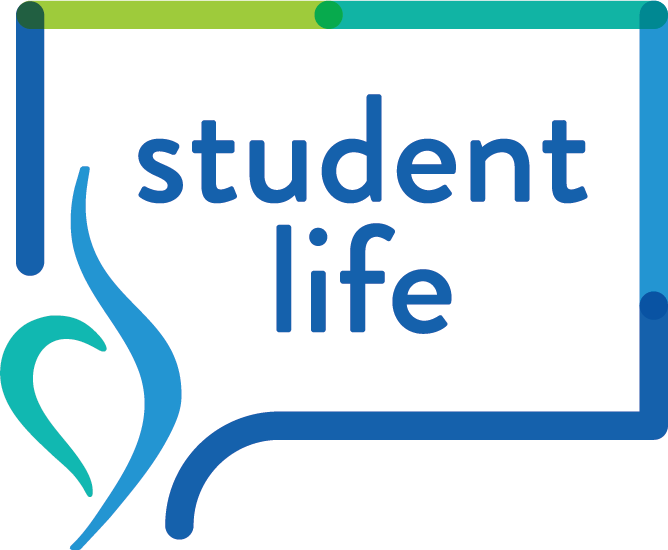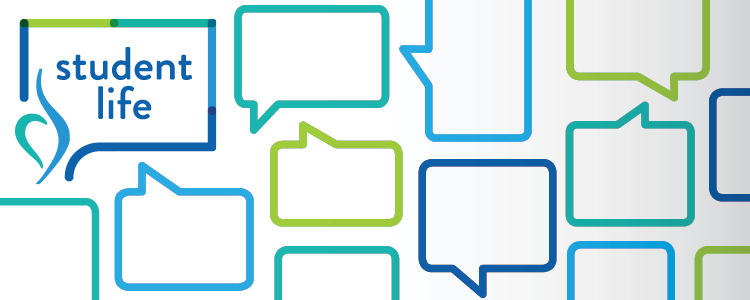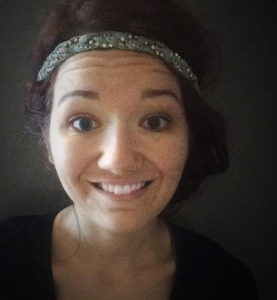Why I Chose to Study Abroad in Recovery
“I think there’s something seriously wrong with me,” I tell my twin brother after our morning junior high school choir practice.
I sit on the ground in the hallway, my head in my hands, gulping down air and gasping as I can’t breathe. Waves of nausea wash over me. I shiver and tremble violently.
“I feel sick. I’m really scared,” I continue to tell my brother.
My body starts to feel like pins and needles. My chest hurts. My vision gets blurry. I feel hot and cold. Right then, I knew I was going to die.
Well, obviously, I wasn’t going to die. But I did just then experience my first panic attack, an event that changed my life, at 13 years old.
After weeks of my school nurse sending me home and my parents being unaware of what was really going on, I eventually calmed down. Of course, I was able to function but I didn’t truly feel right.
In a matter of years, I became consumed by my fears. Then, for the next six years or so, there wasn’t a single day when I didn’t feel unwell. I was obsessed with my health and how I was feeling. So, I attempted to regain control of my life by altering one of the few things within my power to change. That is how I developed an eating disorder. I was preoccupied with my body and the food around me.
It wasn’t until during my senior year of high school that I became sick and tired of being sick and tired. I couldn’t remember what it felt like to be me. I reached out to a physician, therapist, and dietitian. It wasn’t long before I started to focus on many areas of my life.
I realized how limited my experiences had been up to that point. I considered all the possibilities the world holds and my imagination ran wild with images of foreign lands, people I have never met, and emotions I have never felt. As a result, I developed a case of wanderlust. I promised myself that I would travel if I could get myself to a healthy place.
I was able to get myself to a healthy place and begin my recovery process when I entered college. However, I believed I didn’t have any of the skills required to be a successful traveler. Traveling is the chance to escape routine, but escaping routine with an eating disorder is an oxymoron. Plans change and experiences in other countries are not always what you anticipate. You don’t know where you’re going to be, what you’re going to do, or what you’re going to eat. Traveling seemed “unsafe.”
After a few years of maintaining my recovery, I decided to find out. During my junior year of college, I made the decision to study abroad during my senior year of college. It was a way to not let my eating disorder have control over me. But the decision didn’t come before I reflected on my time in recovery and my ability to sufficiently care for myself.
Most people don’t realize that eating disorders all come down to having control. It is what this entire disease is about. It rarely has to do with food itself.
Changing your external surroundings doesn’t necessarily release the grip on your internal ones. You can’t check your eating disorder in at the airport with your luggage and board a plane with complimentary free therapy.
Recovery is a painful but beautiful journey. As I slowly push past my boundaries, I am making self-discoveries. It is what developed confidence in my ability to stay in recovery.
As for my travels, I often think about my motivation. It isn’t to lose weight. It is to experience all the possibilities that life has to offer by observing different cultures, roaming beautiful cities, and being surrounded by history.
Although I am in a solid place physically, mentally, and spiritually, I understand my stressors and know when and where to go to for help if needed.
So what’s the secret of how to end the awful struggle of living with an eating disorder or becoming comfortable with the uncomfortable? The answer: you.

Lauren is a student at Simpson College majoring in philosophy and minoring in women’s studies and exercise science. On campus, Lauren is involved TriDelta, SELF – a body positivity and activism group, SARA – Sexual Assault Response Advocates and volunteering.
This content was originally published on Proud2bme.org in 2017.





